

Tao Te Ching
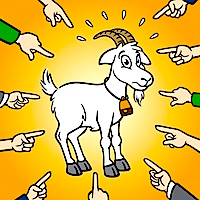
Blame and Scapegoating
Scapegoating Immigrants
The world has a huge and rapidly growing lowering-of-wages and unemployment problem. The inevitable consequence of industrialization, automation, and artificial intelligence; this process naturally streams most of the wealth away from the lower rungs of society and up to a tiny percentage of elites. These elites could share this unearned windfall with philanthropy endeavors and the creation of non-profit-oriented jobs in fields like art, poetry, music, and human development. Instead though—to their own inner and society’s external detriment—they can and do sell their souls to the devils of selfishness, deception, and meme manipulation. A frequent method of this corruption is trying to shift the social blame for poverty and lack of jobs away from the true cause which is themselves to immigrants, religious, racial, and ethnic minorities.
Quotes (77)
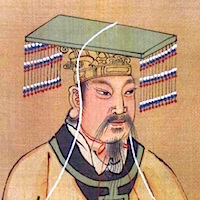
“If the myriad regions have any fault may it rest upon my person; but if I have any fault may it not extend to the myriad regions.”
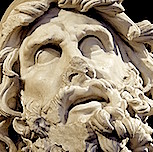
“Ah how shameless – the way these mortals blame the gods.”

“See now, how men lay blame upon us gods for what is after all nothing but their own folly.”
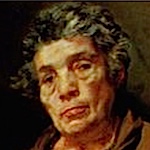
“Every man carries two bags about him, one in front and one behind, and both are full of faults. The bag in front contains his neighbors' faults, the one behind his own. Hence it is that men do not see their own faults, but never fail to see those of others.”

“Even as a solid rock is unshaken by the wind, so are the wise unshaken by praise or blame.”

“He advances yet does not seek fame,
He retreats yet does not avoid blame.
He seeks only to preserve the people.”
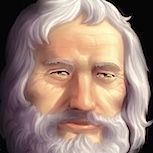
“Keep alive the light of justice,
And much that men say in blame will pass you by.”

“When people laughed at him because he walked backward beneath the portico, he said to them: ‘Aren't you ashamed, you who walk backward along the whole path of existence, and blame me for walking backward along the path of the promenade?’”

“While he does not follow the crowd, he won't complain about those who do... The man of Tao remains unknown.”
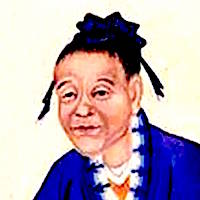
“Though bitter, good medicine cures illness. Though it may hurt, loyal criticism will have beneficial effects.”

“One can see a louse as far away as China but is unconscious of an elephant on their nose.”

“Small-minded people blame others. Average people blame themselves. The wise see all blame as foolishness.”
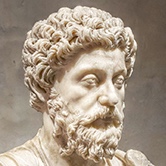 “When you start to criticize someone’s fault, ask yourself which of your own faults most closely resembles it.
“When you start to criticize someone’s fault, ask yourself which of your own faults most closely resembles it.”
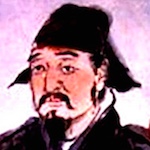
“Prohibitions are intended to put an end to poverty, and yet the people become poorer. Tools are intended to strengthen the country, and yet the country becomes weaker and more chaotic. This is due to cultivating the branches instead of the roots.”

“Whosoever complains of the bad character of another man has revealed the badness of his own character.”

“The main characteristics of noble people are not to be pleased by praise; not to be displeased by criticism.”
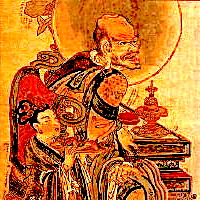
“If you wish to be free from all blame, there is no better course than to be always sincere... All blame from others is due to pretending experience, making oneself out to be skillful, putting on superior airs, and looking down on people.”

“Then give me neither thank nor give me blame
The fault, if anywhere my tale be lame,
... for who would dare assert
A blind man should in colors be expert?”
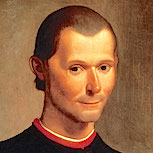
“the people often, deceived by an illusive good, desire their own ruin; and, unless made sensible of the evil of the one and the benefit of the other course, they will expose the republic to infinite peril and damage”

“The envious nature of men, so prompt to blame and so slow to praise, makes the discovery and introduction of any new principles and systems as dangerous almost as the exploration of unknown seas and continents”
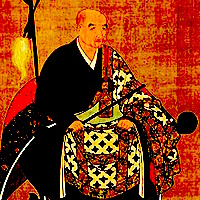
“People Are Always Wrong About: hating to be fooled by others while liking to be fooled by oneself.”

“People Are Always Wrong About: Discriminating others' right and wrong while not acting properly oneself.”

“It is harder to avoid censure than to gain applause—which may be gained by one great or wise action. But to escape censure, a man must pass his whole life without saying or doing one ill or foolish thing.”
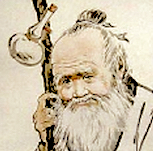
“Use unfortunate events to polish oneself, to find increase within reduction, to change a faulty beginning into a blameless end.”
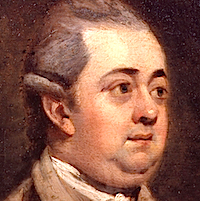
“The most worthless of mankind are not afraid to condemn in others the same disorders which they allow in themselves; and can readily discover some nice difference in age, character, or station, to justify the partial distinction.”

“The new statement is always hated by the old, and to those living in the old, comes like an abyss of scepticism.”
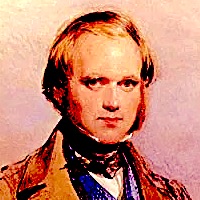
“Every human action is determined by hereditary constitution, [the environment], the example and the teaching of others… This view should teach one profound humility—one deserves no credit for anything. Nor should one blame others… It’s right to punish criminals but solely to deter others.”
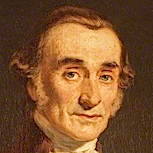
“Nobody blamed the credulity and avarice of the people, – the degrading lust of gain, which had swallowed up every nobler quality in the national character… These things were never mentioned.”
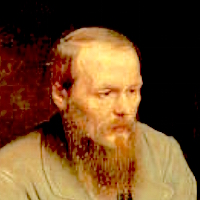
“Remember particularly that you cannot be a judge of anyone. For no one can judge a criminal until he recognizes that he is just such a criminal as the man standing before him, and that he perhaps is more than all men to blame for that crime.”

“Like very many men is such cases, he put faith above all in change of place. If only it were not for these people, if only it were not for these circumstances, if only he could fly away from this accursed place—he would be altogether regenerated”
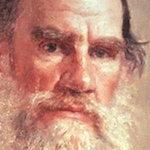
“What if my whole life has all been wrong?... I was going up in public opinion, but to the same extent life was ebbing away from me”

“[We do not]... blame, but rather pity, in our innermost heart, the 'wise men' of our age for trying to carry out the only policy that will keep them on the pinnacle of their 'authority'; as they could not, if even they would, act otherwise and preserve their prestige with the masses, or escape from being speedily outcast by their colleagues.”

“There has never been a just [war], never an honorable one--on the part of the instigator of the war… Next the statesmen will invent cheap lies, putting the blame upon the nation that is attacked… and thus he will by and by convince himself the war is just, and will thank God for the better sleep he enjoys after this process of grotesque self-deception.”
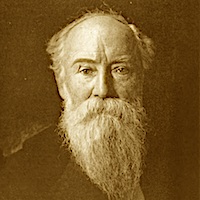
“A man can fail many times, but he isn't a failure until he begins to blame somebody else”
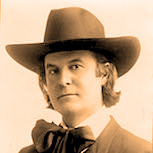
“When we remember that some of the best and noblest men that ever lived have been reviled, indicted, and executed by so-called good men, how can we believe stories that revile and discredit anyone?”
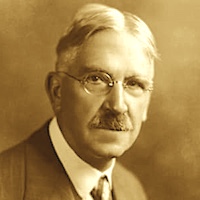
“The bad man is the man who—no matter how good he has been—begins to deteriorate, to grow less good. The good man is the one who—no matter how morally unworthy he has been—is moving to become better. Such a conception makes one severe in judging himself, and humane in judging others.”

“Because there is safety in derision
I talked about an apparition”

“If you can keep your head when all about you are losing theirs and blaming it on you… Yours is the Earth and everything that’s in it”
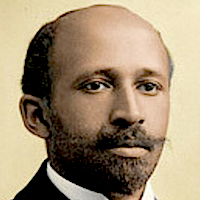
“criticism of writers by readers, of government by those governed, of leaders by those led, - this is the soul of democracy and the safeguard of modern society”
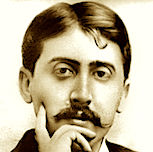
“To the bad habit of talking about oneself and one's faults must be added the related habit of criticizing the same faults in others. This is only a hidden manner of talking about oneself which combines the pleasure of absolution with that of confession.”

“We do not like to be robbed of an enemy; we want someone to hate when we suffer. It is so depressing to think that we suffer because we are fools.”
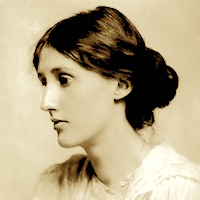
“She thought there were no Gods; no one was to blame; and so she evolved this atheist's religion of doing good for the sake of goodness.”

“I want to give the worst explanation: I say I did it from cowardice, because I want to shame my soul and keep it from doing the same thing again.”

“Praise out of season, or tactlessly bestowed, can freeze the heart as much as blame.”
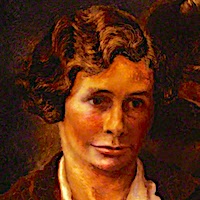
“It sucks that we can’t have it all
It sucks nothing is perfect
Then again, it sucks that’s the excuse we use to be unhappy.”

“Experience is not what happens to a man; it is what a man does with what happens to him.”

“Whenever you feel like criticizing any one... just remember that all the people in this world haven't had the advantages that you've had.”

“Freud tells us to blame our parents for all the shortcomings of our life, and Marx tells us to blame the upper class of our society. But the only one to blame is oneself… Your life is the fruit of your own doing. You have no one to blame but yourself.”
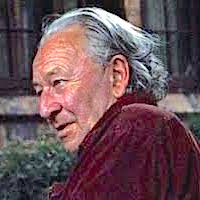
“The stages of developing awareness begin with blaming and then expand to a discovery that the transgressions were only a response to what others have done”

“A good leader takes a little more than his share of the blame, a little less than his share of the credit”
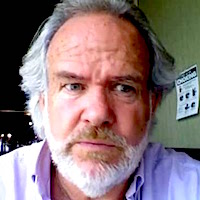
“The slave is completely at the mercy of external events. If fortune smiles on him, he struts and boasts and attributes her favors to his own power and wisdom—which, as often as not, had nothing to do with it. If fortune frowns, he whines and weeps and grovels, putting the blame for his sufferings on everything and everybody except himself.”

“All situations result from and merge into other situations... We accept what cannot be altered with tranquil joy, never repining, no matter what unpleasant things happen to us. We make the best of each temporary setback.”

“Social conditioning depends entirely on persuading people not to accept themselves.”

“When one experiences truth, the madness of finding fault with others disappears.”

“It's only terrorism if they do it to us. When we do much worse to them, it's not terrorism.”
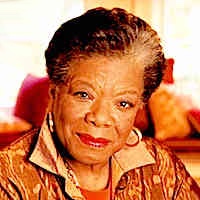
“If you don’t like something, change it. If you can’t change it, change your attitude. Don’t complain.”

“No one can blame the conqueror for writing history the way he sees it, and certainly not for digesting human events and discovering their patterns according to his own point of view. But it must be admitted … that conventional history supports and complements a very grave and almost pristine ignorance.”
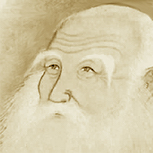
“One of humanity’s most persistent and damaging illusions is that happiness and suffering are caused by external factors.”

“Most of us don't realize the difference we could make… point fingers at others. ‘Surely,’ we say, ‘the pollution, waste, and other ills are not our fault. They are the fault of the industry, business, science. They are the fault of the politicians,’ This leads to a destructive and potentially deadly apathy.”
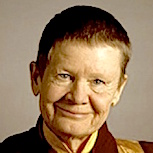
“Maybe the most important teaching is to lighten up and relax. It’s such a huge help in working with our crazy mixed-up minds to remember that what we’re doing is unlocking a softness that is in us and letting it spread. We’re letting it blur the sharp corners of self-criticism and complaint.”

“[If we] give up on free will; no one really deserves blame or credit for anything; we are all slaves of biology.”
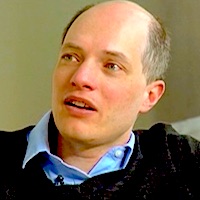
“our best chance of contentment lies in taking up the wisdom offered to us in coded form through our coughs, allergies, social gaffes, and emotional betrayals, and to avoid the ingratitude of those who blame”

“Do you blame its walls when they inevitably crush the people inside? No; you blame whoever was stupid enough to think they could defy the laws of nature forever.”
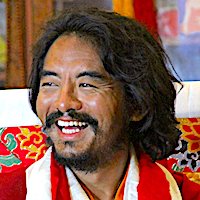
“most people end up blaming either external conditions or themselves. However, because it reflects a loss of confidence in oneself, blame only makes the search for happiness more difficult”

“On a purely emotional level, aversion tends to manifest as anger and even hatred. Instead of recognizing that whatever unhappiness you feel is based on a mentally constructed image, you find it only 'natural' to blame other people, external objects, or situations for your pain.”

“Nothing is intrinsically or ultimately bad. Any situation that arises is only relatively good or bad based on many factors, including—most significantly—how you perceive the situation and how you respond to it.”
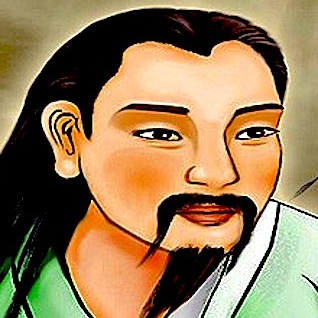





Comments (0)